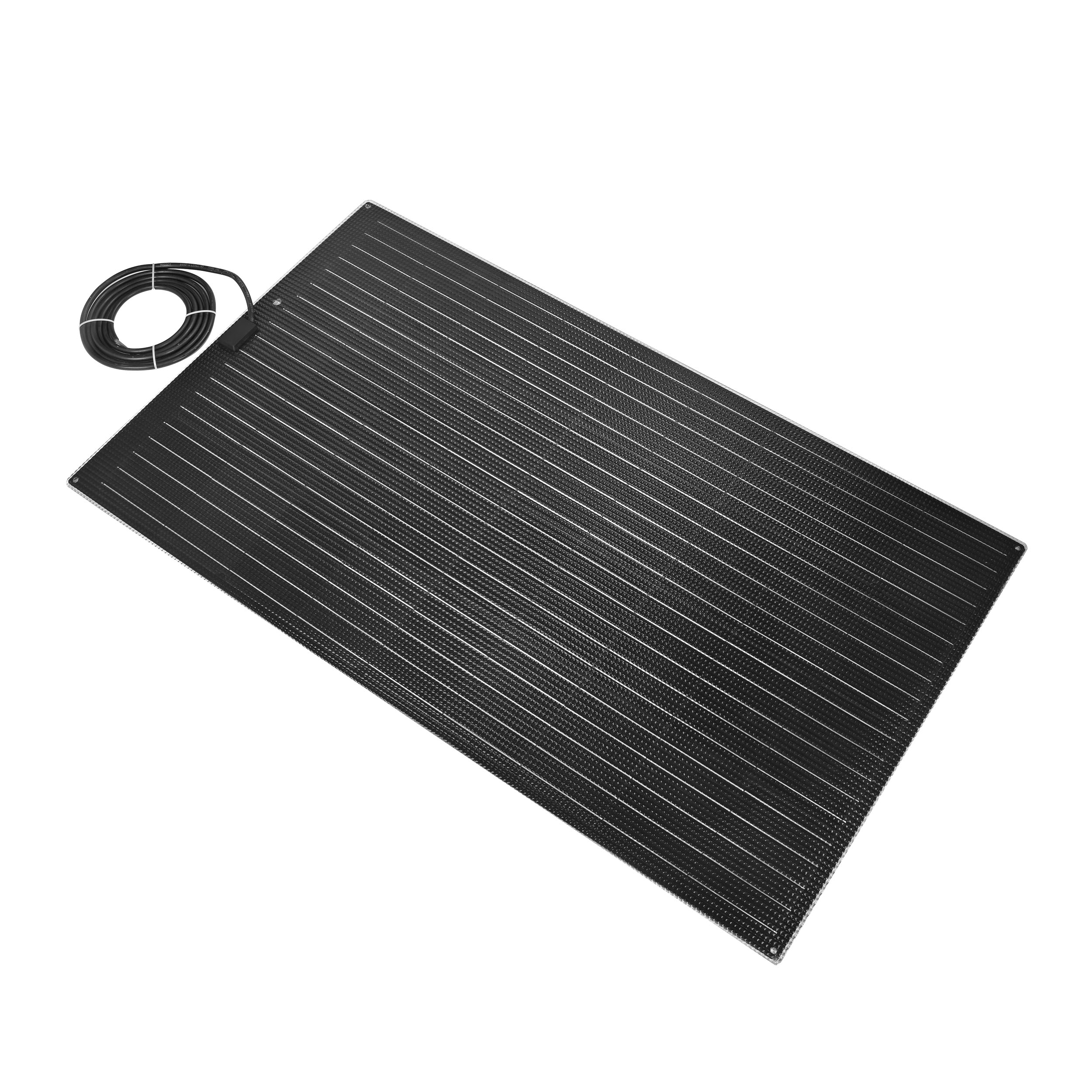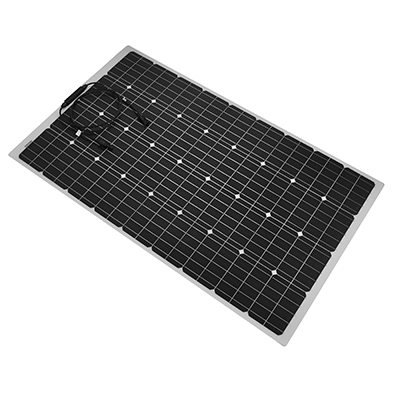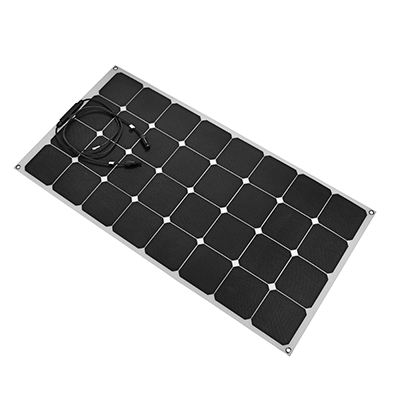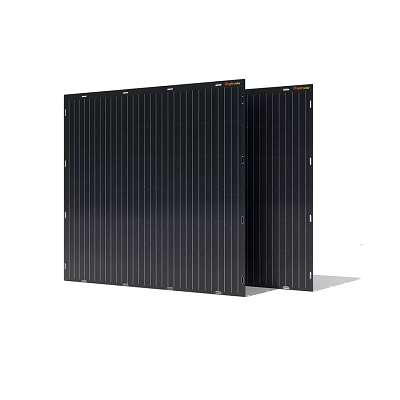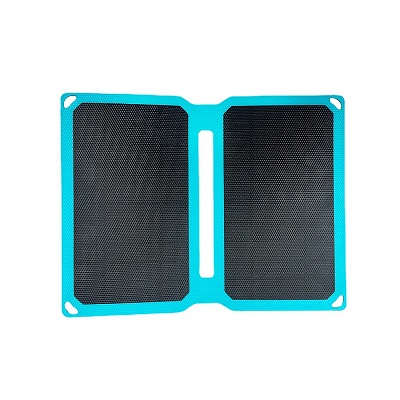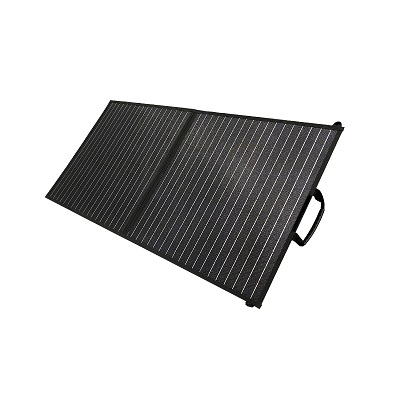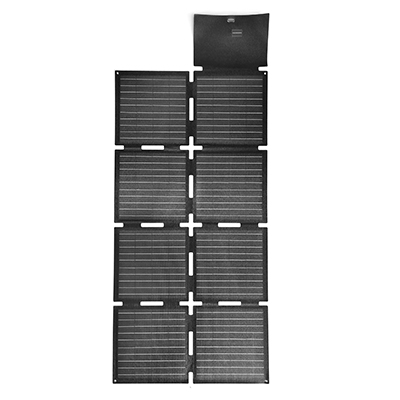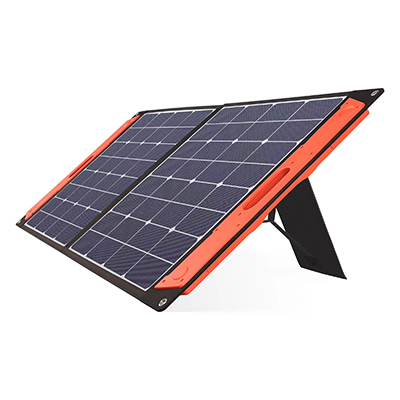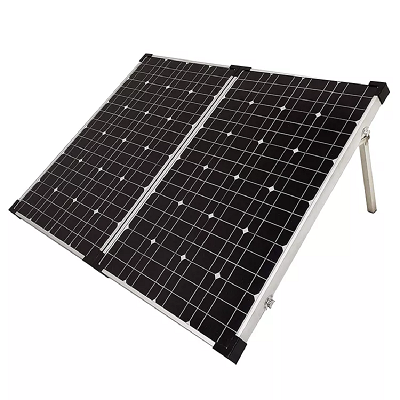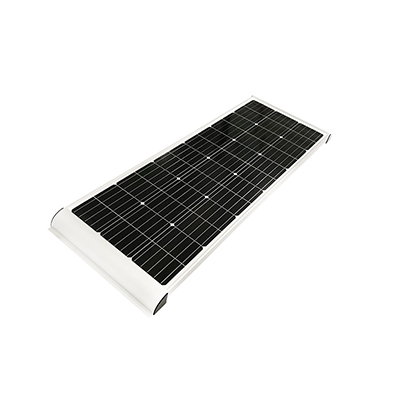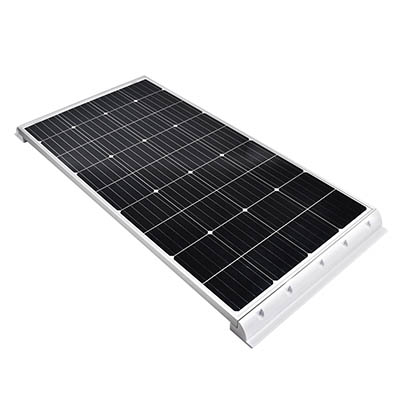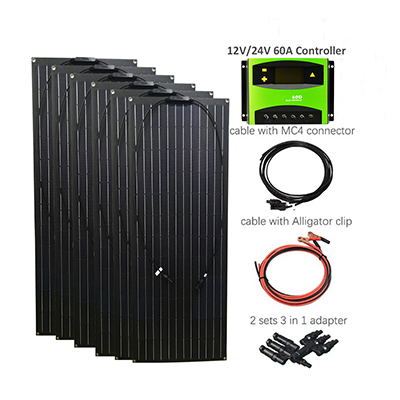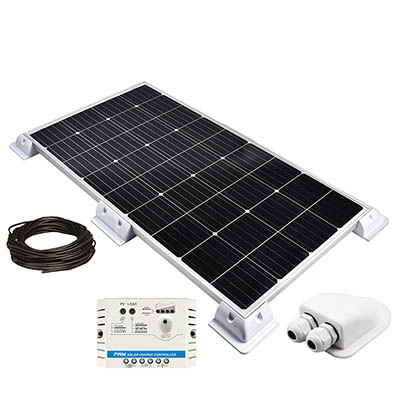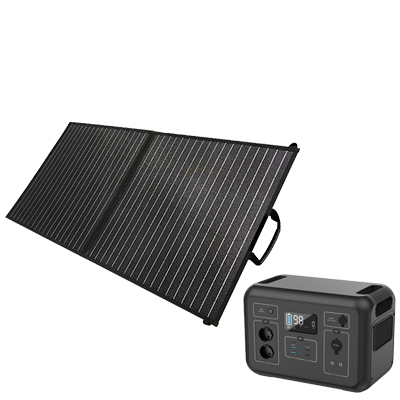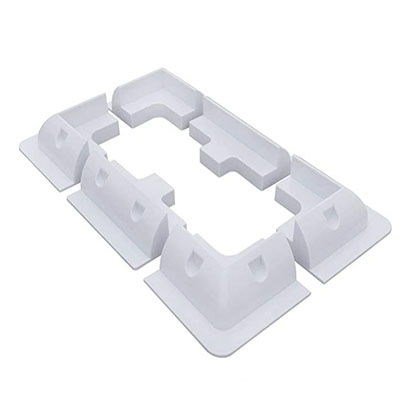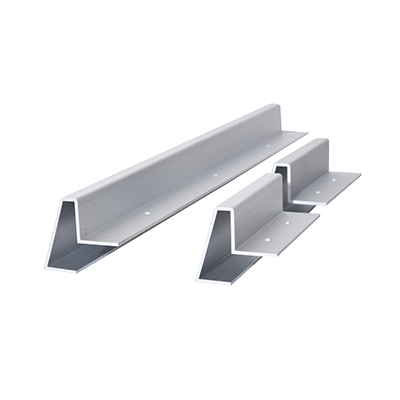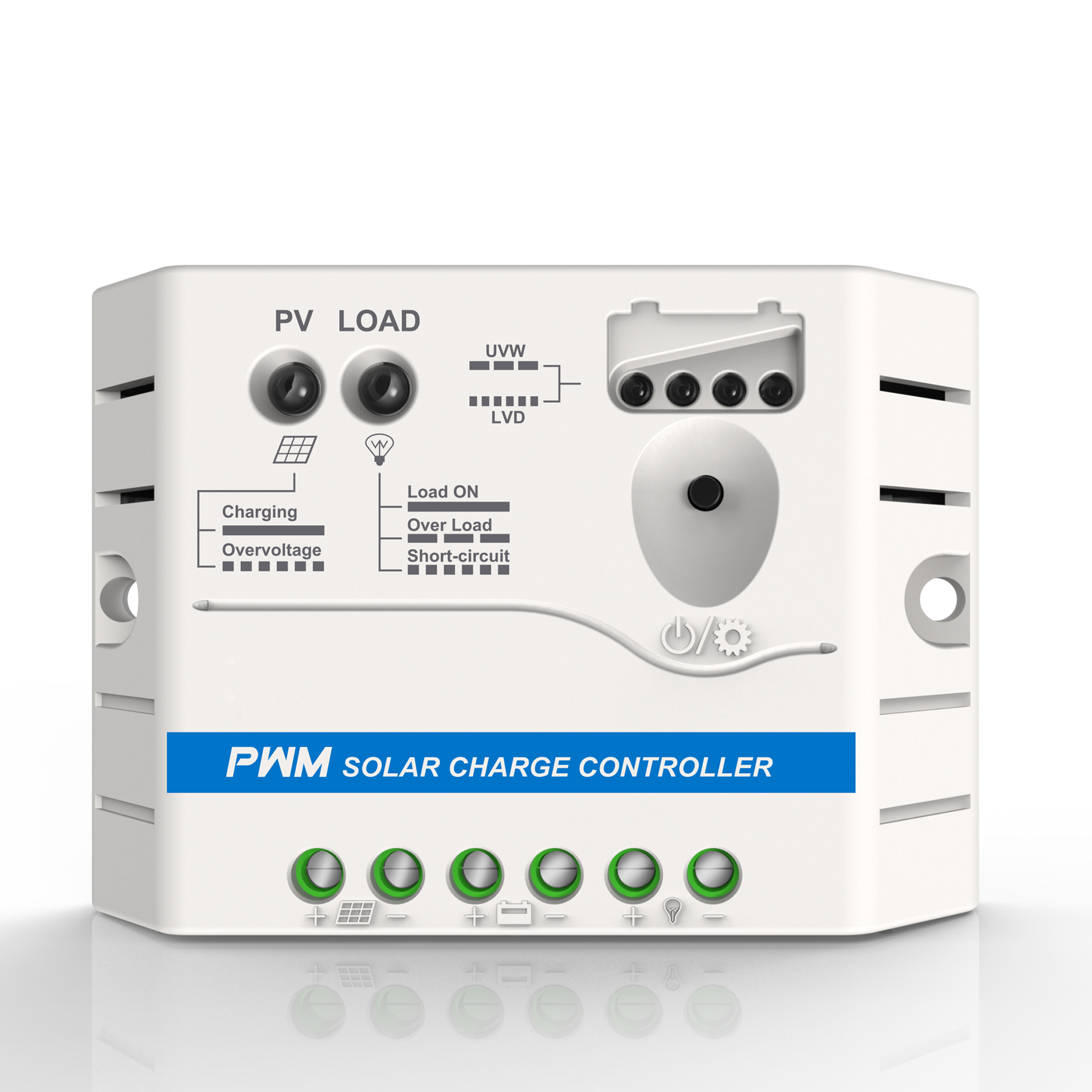How does a solar panel work ?
How does a solar panel work ?
Solar panels are composed of solar cells, which can convert solar energy from sunlight into electrical energy. Because solar cells can generate electricity directly from sunlight, they are the most reliable among all our current power generation technologies, which is why solar cells are widely used in space and some remote areas where problems are difficult to solve.
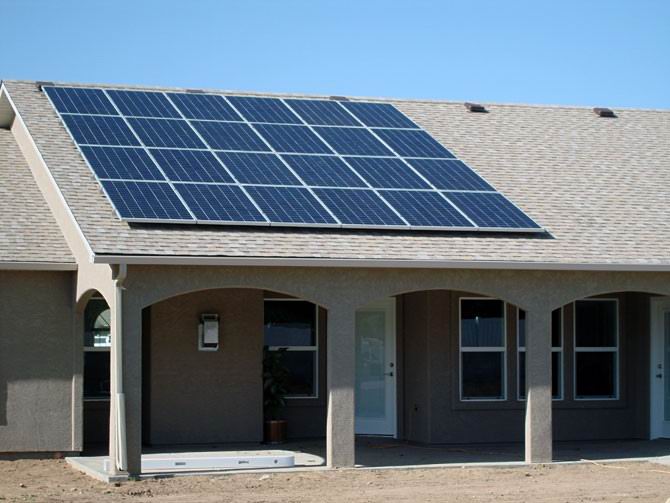
How does a solar cell work?
Solar cells are composed of silicon atoms. You can imagine atoms as bricks on buildings - like building blocks in LEGO, but because atoms are very small in size, you need special tools to see them. Solar cells are made of silicon wafers, which are similar in size to dinner plates but much thinner - only about three times thicker than regular hair.
Turning a silicon crystal layer into a solar panel requires a special preparation process. The silicon crystal layer needs to be heated to 1000 degrees Celsius, and then a layer of metal sheet is placed on the back of the layer. At the same time, a metal mesh with holes is covered on the solar cell and this surface is directed towards the sun.
When 60 solar cells are prepared, they will be fixed on a layer of glass to make solar panels. Generally speaking, the solar power supply system on the roof has 10-50 solar panels, while millions of solar panels are installed in rural solar power plants.
Each silicon atom contains extremely small and lightweight electrons with weak charges. When sunlight falls on a solar panel, it hits one of its electrons and causes it to detach from its electron orbit. These hit electrons can move freely, but the special structure of the battery allows electrons to only move in one direction towards the sun.
So when sunlight falls on solar cells, many electrons will detach from their orbits and become free electrons. Due to the characteristics of solar cells, electrons can only move upwards, generating electricity that can drive household appliances.
If the sunlight on the solar cell is stronger, more electrons will be impacted and leave their orbits, resulting in a greater current. If the weather is not clear, the number of electrons impacted will decrease, and the generated current will decrease by 75% or even more. At night, solar panels do not generate any electricity, and the power supply relies entirely on batteries or other sources of electricity.
How should we use solar cells?

